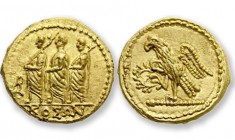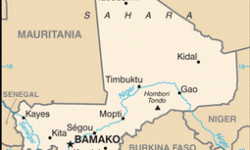Lost in translation: ‘Unprovenanced objects’ and the opacity/transparency agenda of museums’ policies
Panella, C. (2015), ‘Lost in translation. ‘Unprovenanced objects’ and the opacity/transparency agenda of museums’ policies’. ANUAC 4(1): 66–87
Starting from the case of ancient Malian terracotta in this article I propose an epistemological reflection on the relationship between hidden practices of circulation of unprovenanced objects and official discourses and policies driven by museums. In particular I develop a critique of the Kantian association of Truth, Beauty and Goodness involved in cultural heritage policies and art circulation. Through this perspective I refer to Luhmann’s theory on trust and power as well as to Handler’s theory on authenticity in order to show how the erasing of the social life of the Malian terracotta (overlapping legal/illegal, individual trajectories of the art traders, investment strategies, acquisition policies) by museums finally produces social inequality because of the lack of information through the production of trust toward their public. In this sense I endorse a consequentiality principle linking beauty and properness through which the value of a given final art product is directly proportional to the degree of opacity of its multiple production stages: the more the local context of the grey market remains vague, the more the world-wide homogenization of deontological and aesthetical official criteria is effective and firm.

